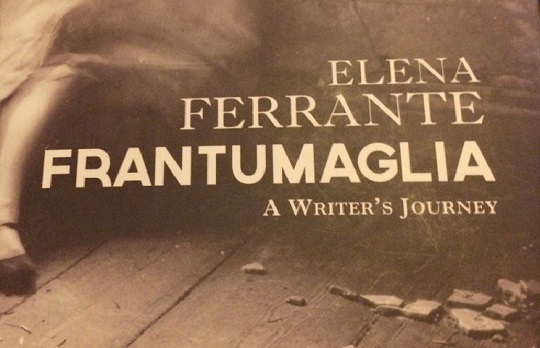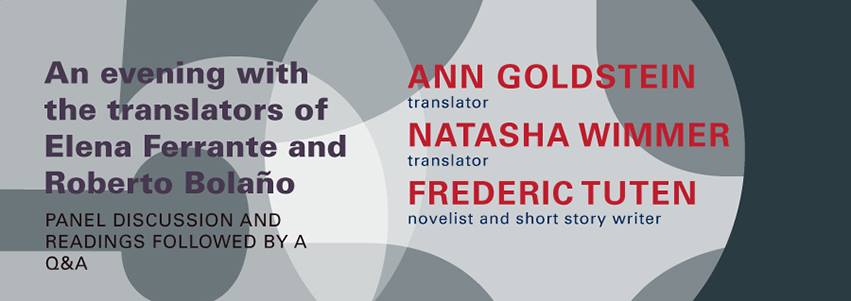As an Italophile and an Elena Ferrante fan, I’m thrilled to see her nonfiction work, La Frantumaglia, finally making it into English in the form of Frantumaglia: A Writer’s Journey, published this fall by Europa Editions.
I know the book will intrigue American readers with the backstory of her novels and her life as a writer (I’m also thrilled that the original title has largely crossed the Atlantic intact, particularly given the unusual provenance of the Italian word, “frantumaglia,” which Ferrante culled from her mother’s speech and which she defines as a jumble of ideas or thoughts).
One could nonetheless argue, given the nature of the book—a collection of manuscript drafts, interviews and letters—that it will surely fail to stir up the same excitement as did the Neapolitan series or her earlier novels. This is the author, after all, who launched her novel, The Days of Abandonment, with the line: “One April afternoon, right after lunch, my husband announced that he wanted to leave me.” Boom! Not to mention the creator of the frenzied, passionate scene between Nino and Elena in the bathroom of the house she shares with her husband, Pietro, from Book Three of the Neapolitan quartet (a scene Elena rushes into after rushing out of the arms of her young children). Whoa! How do you top that?
And of course, it’s not like Frantumaglia confirms (or denies) what Italian investigative reporter Claudio Gatti recently sprung on the literary world (if for no other reason than it had already gone to print). Gatti, as anyone remotely following Italian literature knows, believes he has pulled off an expose by studying real estate records and other documents to deduce that Ferrante is actually a translator named Anita Raja. (Edizioni E/o, Ferrante’s Italian publisher, has denied the claims.)
Yet I can confidently say the Ferrante lines that have made the biggest impressions on me are in La Frantumaglia, which was first published in Italy in 2003.





